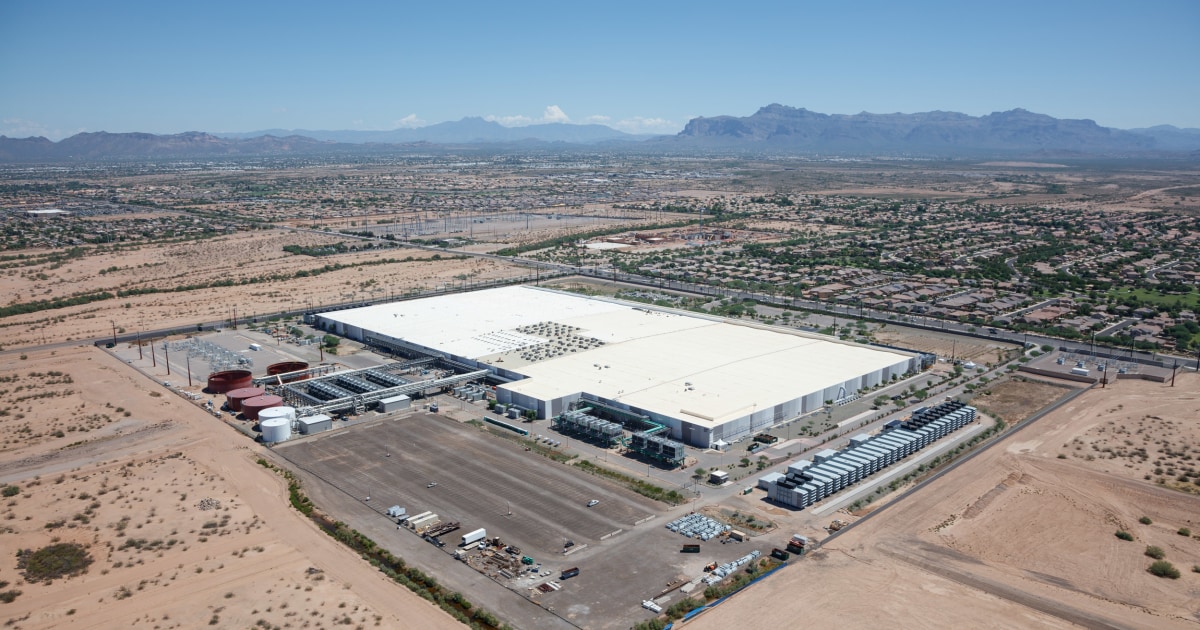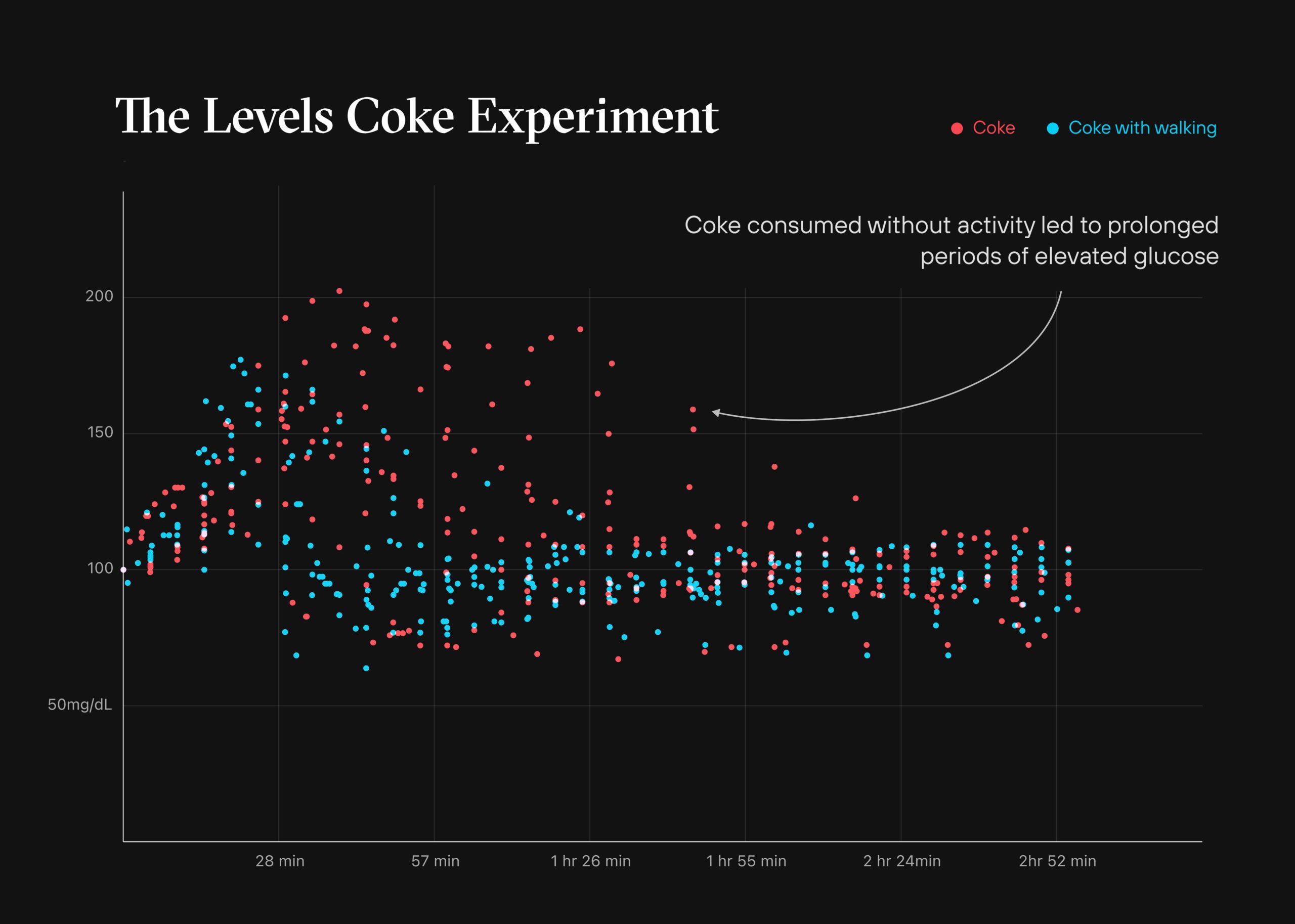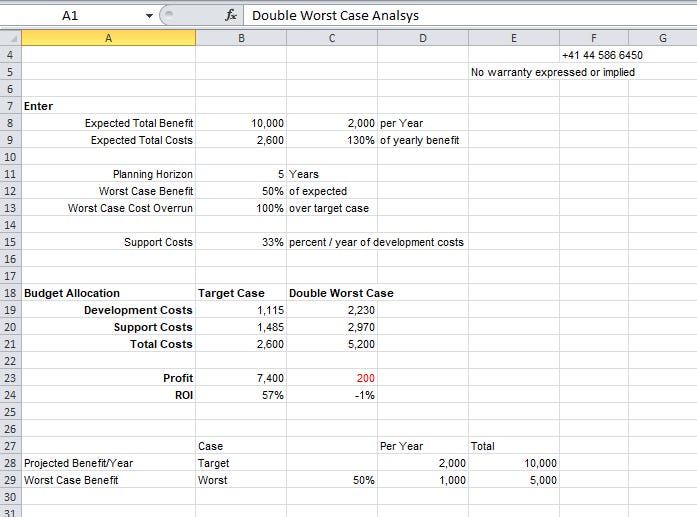
Drought-stricken communities push back against data centers
On May 17, the City Council of Mesa, Arizona, approved the $800 million development of an enormous data center -- a warehouse filled with computers storing all of the photos, documents and other information we store “in the cloud” -- on an arid plot of land in the eastern part of the city.
But keeping the rows of powerful computers inside the data center from overheating will require up to 1.25 million gallons of water each day, a price that Vice Mayor Jenn Duff believes is too high.“This has been the driest 12 months in 126 years,” she said, citing data from the National Oceanic and Atmospheric Administration. “We are on red alert, and I think data centers are an irresponsible use of our water.”
Duff was the only Mesa City Council member to vote against the development. But she’s one of a growing number of people nationwide raising concerns about the proliferation of data centers, which guzzle electricity and water while creating relatively few jobs, particularly in drought-stricken parts of the United States.
The spike in use of data-intensive cloud services such as video conferencing tools, video streaming sites like Netflix and YouTube and online gaming, particularly as people quarantined during the pandemic, has increased demand for the computing power offered by data centers globally. And this means more data centers are being built every day by some of America’s largest technology companies, including Amazon, Microsoft and Google and used by millions of customers. According to the Synergy Research Group, there were about 600 “hyperscale” data centers, massive operations designed and operated by a single company that then rents access to cloud services, globally by the end of 2020. That’s double the number there were in 2015. Almost 40 percent of them are in the United States, and Amazon, Google and Microsoft account for more than half of the total.






















